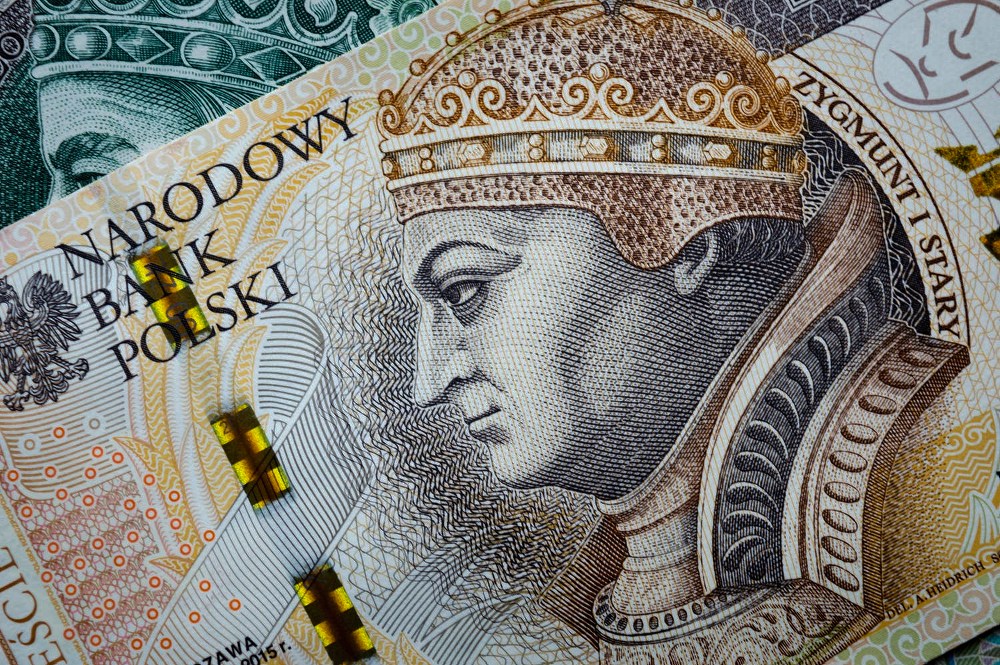Last year, the average wage in Poland was €1,170 per month, which was 38.6 percent of the average in the EU. in terms of wages. The comparison with Germany (26.7 percent) and France (35 percent) is even less favorable for Poland.
These differentials in terms of pay remained the same as in 2020 and 2019. This means that Polish incomes, expressed in euros, have not made up any ground on Western Europe.
The decisive factor in this phenomenon is the weakening of the Polish currency, the zloty (PLN), against the euro, which has meant that despite pay rising at a healthy clip in zlotys, their value in euros has not risen by the equivalent percentage.
The zloty has fallen in value as a result of the war in Ukraine and fears of inflation and recession.
As a result of this fall, the purchasing power of Poles abroad is declining, making foreign holidays more expensive. However, on the domestic market, what matters is the purchasing power of the local currency, and here the situation for Poles is better.
The purchasing power in Poland is 68 percent of the EU’s average and the gap with Western Europe is closing year by year. In the last few years in terms of purchasing power, Polish average pay has now overtaken Greece and Portugal. Poland is close to the level of Spain (87 percent).
Economists expect this year to be the first for some time when pay will not be able to keep up with inflation. This will obviously adversely affect living standards and the value of average pay for Poles.
Even if there is an equivalent fall in the value of pay in the EU, economists agree it is unlikely for Poland to continue its convergence in terms of income level in 2022.





